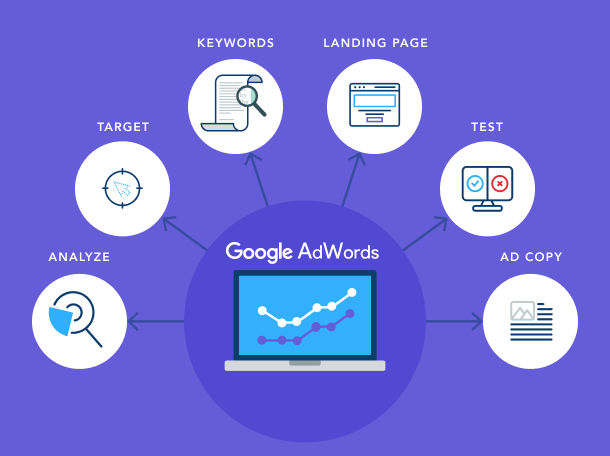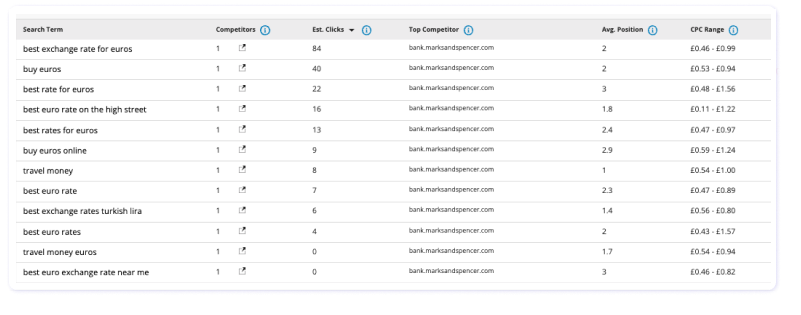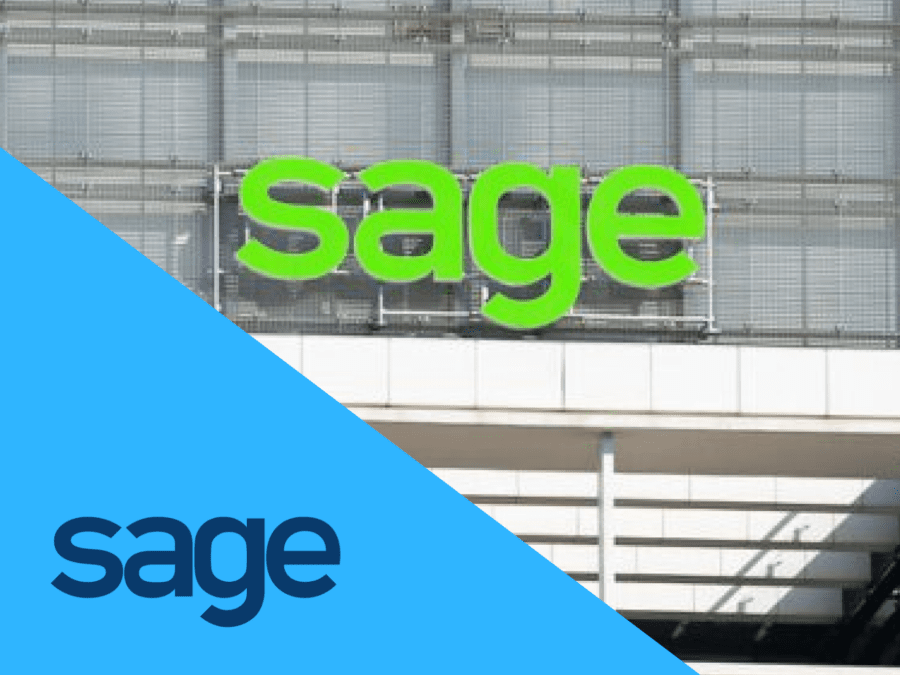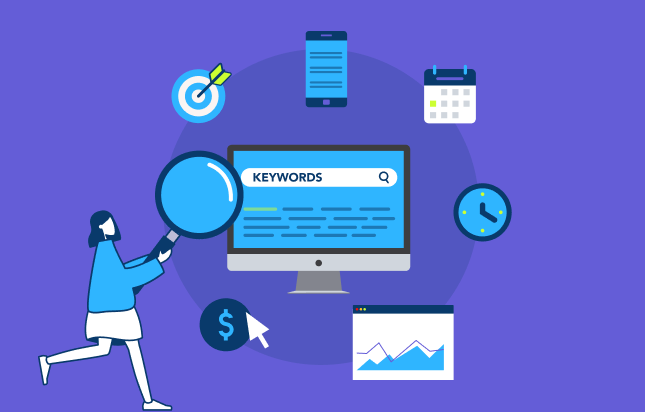PPC campaign optimisation is a continual process of analysis and refinement to keep your PPC spend aligned with your business goals. From the moment you start a campaign, you’ll want to monitor, benchmark, and optimise your PPC campaigns based on observed results, competitive factors, market shifts, and new threats and opportunities.
Beyond adjusting bids for your ad campaigns, there are a wide range of things you can do to help optimise the effectiveness and performance of your PPC ads overall.
Key levers for PPC optimisation include:
- Refining keyword targeting
- Optimising ad copy
- Improving landing pages
- Testing new ad variations
For example, you’ll want to conduct A/B testing to analyse different ad variations, colours, landing pages, and calls-to-action. By testing and analysing ad copy, you can determine which elements drive the most clicks and conversions and optimise your ads accordingly.
Similarly, you’ll want to be sure your landing page is optimised for conversions by including relevant product images, detailed product information, and a strong call-to-action. A good landing page can significantly improve your campaign performance..
Effective PPC optimisation can not only boost performance, it can also reduce your campaign costs, expand your ad coverage, and help you navigate turbulent markets and competitor moves.







